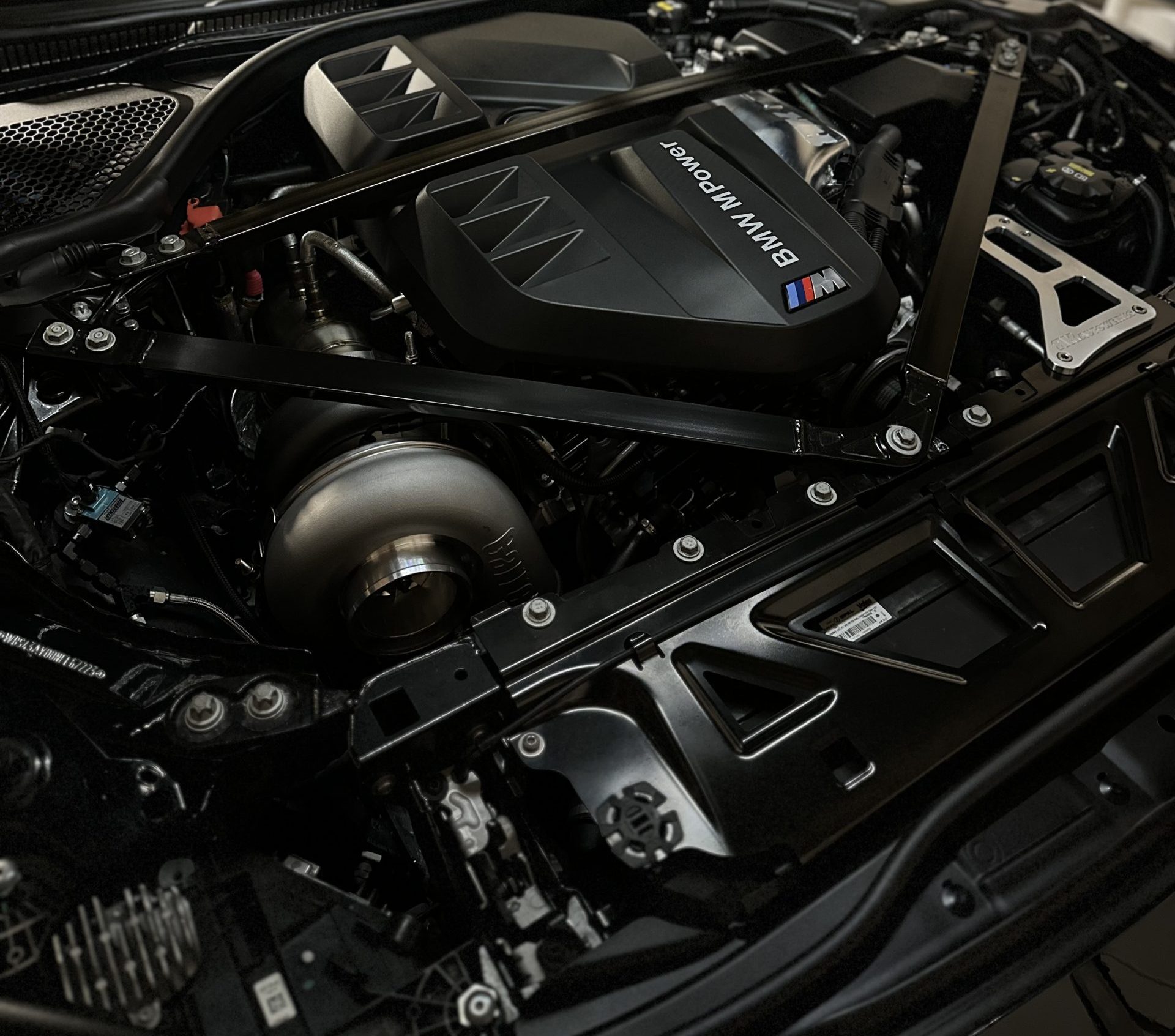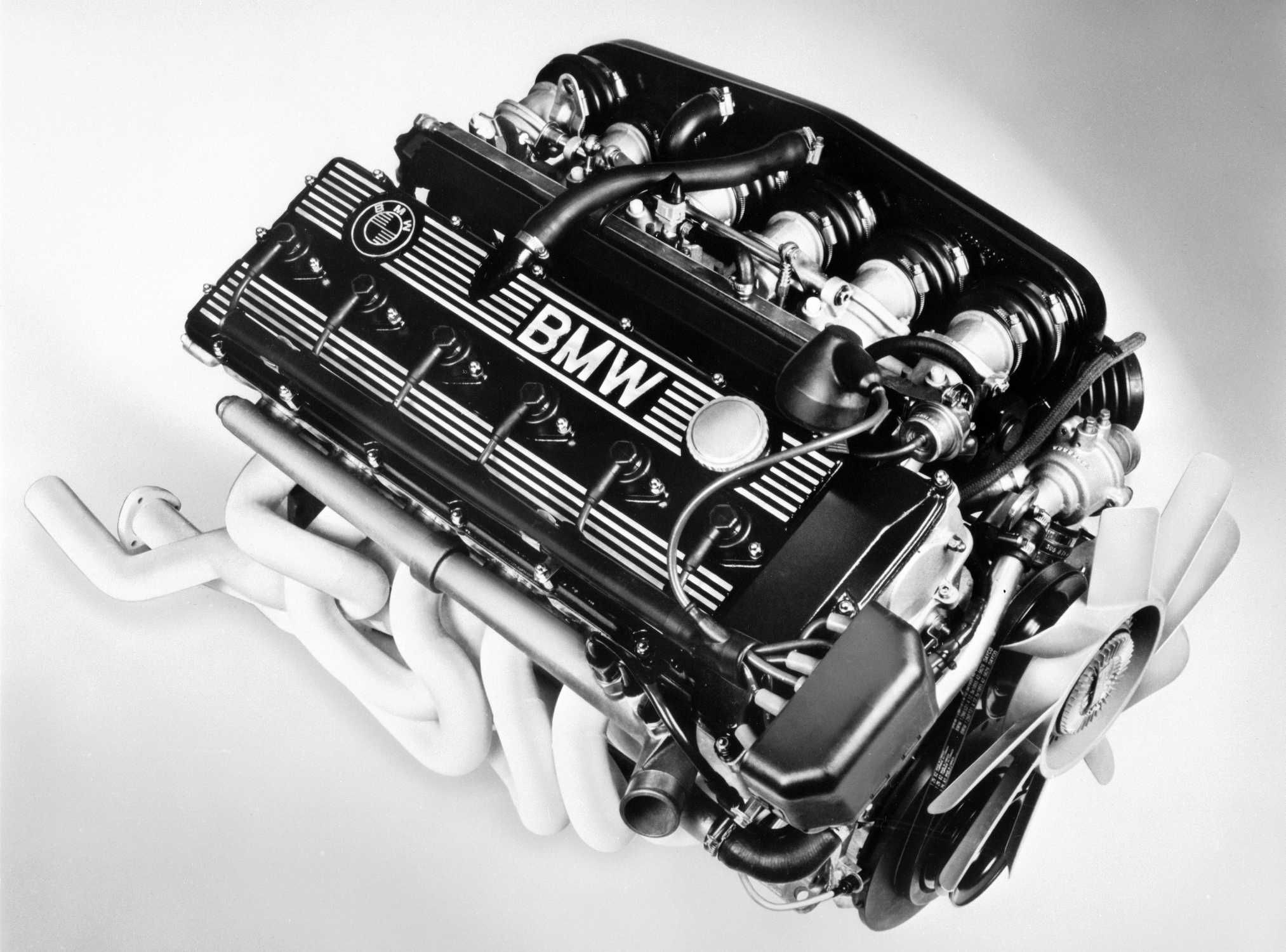Top 5 BMW Engine Technologies Transforming the Automotive Market
Top 5 BMW Engine Technologies Transforming the Automotive Market
Blog Article
Revealing the Intricacies of Next-Generation Power Units: a Deep Dive Into Advanced Engine Styles and Technologies
As we stand on the precipice of a new period in transportation, the intricacies of next-generation engine layouts beckon us to discover the advanced modern technologies and advancements that promise to redefine the driving experience. Digging much deeper into the worlds of discharge control, smart engine management systems, and the perspective of power unit development, we discover ourselves on the cusp of a change that guarantees to improve the landscape of mobility as we recognize it.
Advancement of Engine Products

The shift in the direction of advanced engine products has actually additionally allowed designers to develop engines with higher power outputs while maintaining gas efficiency standards. The usage of light-weight products lowers the total weight of the engine, leading to improved fuel economy and lower emissions. Additionally, improvements in products innovation have actually permitted far better thermal monitoring within engines, resulting in enhanced integrity and long life.
Turbocharging and Supercharging Technologies
Just How do Turbocharging and Supercharging Technologies reinvent engine performance and efficiency in modern-day cars? Turbocharging and supercharging are modern technologies that dramatically improve engine performance by raising the amount of air consumption right into the combustion chamber. Turbocharging attains this by using a turbine driven by exhaust gases to pressurize the consumption air, while supercharging makes use of a belt- or chain-driven compressor to accomplish the same result.
These innovations enable smaller sized, much more fuel-efficient engines to produce power equal to bigger ones, recognized as downsizing. Forcibly more air right into the cylinders, supercharging and turbocharging boost combustion effectiveness, causing boosted horsepower and torque outcome without a significant boost in engine dimension. This causes better velocity, pulling capacity, and total driving efficiency.
Furthermore, supercharging and turbocharging add to boosted fuel effectiveness by permitting the usage of smaller engines that take in much less gas under normal driving problems - bmw engine. This mix of enhanced efficiency and efficiency has actually made turbocharging and supercharging important components of several modern-day engine designs
Discharge Control and Environmental Impact
With boosting international worries relating to air quality and ecological sustainability, the implementation of exhaust control technologies in automobiles plays a vital duty in minimizing hazardous pollutants launched right into the ambience. Modern vehicles are furnished with sophisticated exhaust control systems that aid minimize the environmental effect of vehicle procedures. Catalytic converters, as an example, are made to transform poisonous gases such as carbon monoxide gas, nitrogen oxides, and hydrocarbons right into much less harmful substances like carbon dioxide and water vapor.
Additionally, developments in engine innovation, such as the assimilation of exhaust gas recirculation systems and discerning catalytic decrease, have actually significantly contributed to decreasing emissions. These innovations operate in tandem to maximize burning efficiency and lessen the launch of dangerous toxins into the air. Furthermore, the advancement of crossbreed and electric lorries represents a critical step in the direction of reducing the overall environmental footprint of the transportation sector.
Intelligent Engine Management Solution

In addition, these systems allow cars to satisfy rigid exhausts criteria without compromising performance, giving a much more eco-friendly driving experience. The assimilation of expert system and device learning abilities in engine monitoring systems remains to press the boundaries of what is feasible, bring about more enhancements in efficiency, dependability, and total car efficiency. bmw engine. As automotive innovation advances, smart engine monitoring systems will certainly play a vital role in shaping the future of transport towards a much more lasting and efficient direction
Future Trends in Power System Growth
As intelligent engine administration systems lead the means for improved control and optimization in modern vehicles, future fads in power unit growth are positioned to redefine the landscape of automobile propulsion innovations. These alternative power resources provide enhanced effectiveness and performance while aligning with rigid environmental regulations.
Another significant pattern is the combination of advanced products and producing techniques. Light-weight products such as carbon fiber and aluminum are being utilized to decrease general car weight, enhancing fuel efficiency and performance. In addition, advancements in 3D printing and additive production are making it possible for the production of intricate engine elements with higher precision and sturdiness.
Furthermore, synthetic intelligence and artificial intelligence are playing an important function in optimizing power device performance. These technologies enable real-time surveillance and flexible control, resulting in much more effective and trustworthy power shipment. On the whole, future trends in power system advancement are tailored in the direction of efficiency, sustainability, and effectiveness, driving i loved this the automobile industry towards a new period of propulsion technologies.

Final Thought
To conclude, the advancements in engine materials, turbocharging, exhaust control, and smart management systems have paved the way for next-generation power units. These advancements have not just better efficiency and effectiveness but also reduced ecological effect. As innovation continues to develop, future trends in power unit growth are likely to focus on more enhancing sustainability and optimizing power outcome. The elaborate styles and developments in contemporary engines showcase the ongoing advancement of vehicle modern technology.
Exploring the dynamic advancements in engine materials has been essential in enhancing the efficiency and efficiency of contemporary engines. Over the years, the development of engine products has actually played a critical role in pushing the limits of what engines can accomplish.The change in the direction of progressed engine products has actually additionally allowed go now engineers to create engines with greater power outputs while preserving gas performance criteria.The execution of smart engine administration systems in modern-day vehicles has reinvented the method engines are managed and optimized for performance and effectiveness. By accumulating information in real-time and analyzing it with innovative formulas, intelligent engine management systems can adapt to driving designs, ecological aspects, and engine health to optimize power outcome while reducing gas consumption and emissions.
Report this page